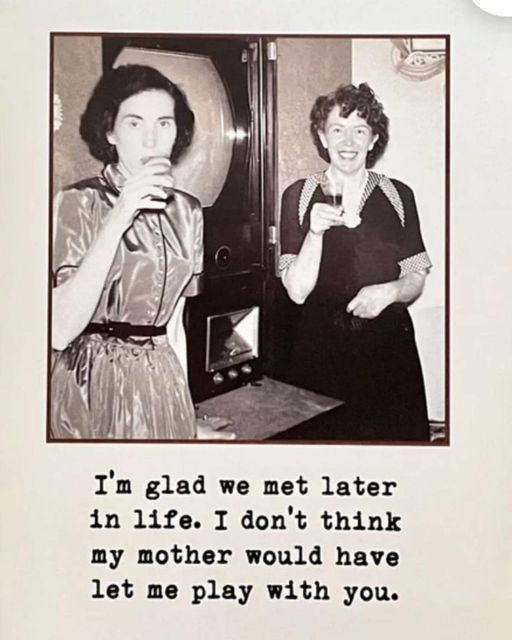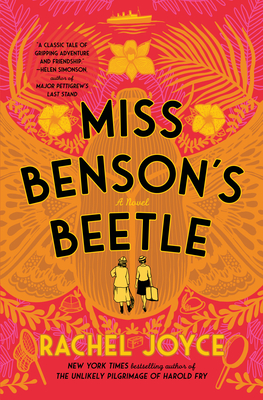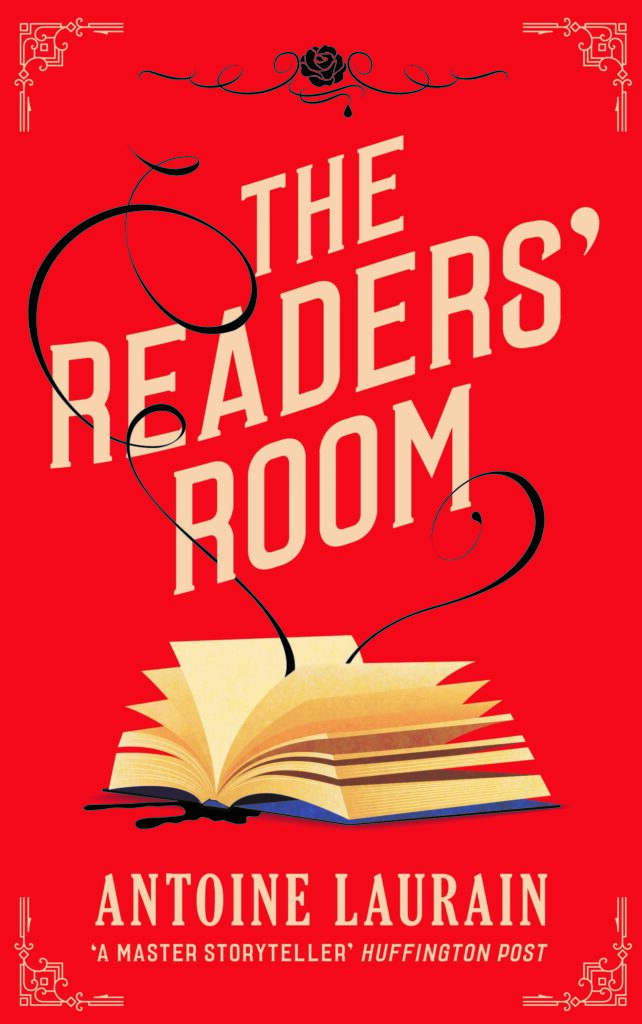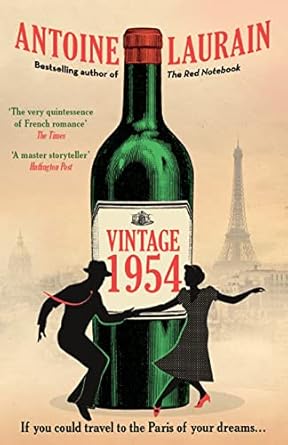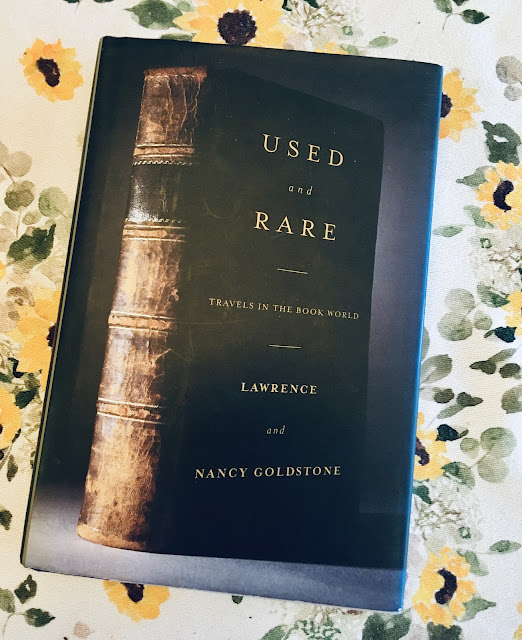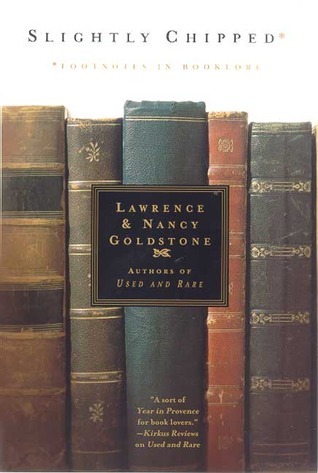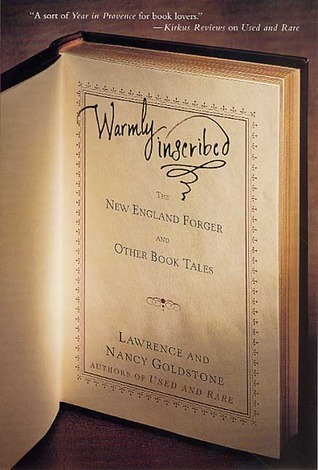Birthday Musings Part Two
Coming off yesterday’s post, I neglected to boast about my loved ones who live far away. They send me birthday cards – but not just your standard ones (not that there’s anything wrong with those)…but special ones that took time and care. Excuse my lousy photos
An very dear artist friend hand drew this card for me.
Look close to see all the little lines and circles — so finely drawn.
Then there is my creative sister-in-law who creates special cards from other recycled cards. What you can’t see, is that they are three-dimensional as she adds little bits and things onto the cards. All done through paper cutting and piecing.
From my very own sister, who combs through card shops each year finding a unique and special card that speaks about sisters and our love for each other. I don’t know how she does it, but I love her for it.
(I’m so lame, that I sent her a birthday card that was a duplicate of one she sent me before…)
A good friend, who moved away from the city several years ago, always remembers my birthday and sent me this card – which made me laugh out loud. It perfectly captures our friendship.
I also got a few lovely e-cards which I sometimes send as well – my favorite e-card site is THIS ONE from the UK. I keep them on my computer to re-visit. And there were birthday Face Book messages and posts as well (yes I still do Face Book…I’m old remember?).
All of these cards and wishes staying with me so I can gaze upon them. With everything going on right now – it’s a wonder any of us can remember our own birthdays let alone others.
Makes me warm and happy to know that those I love who are far away – really aren’t – they are right here.
N.B. I just looked it up and first class postage is now 78 cents – so sending a card is expensive too.
Birthday Musings
I had a big birthday on Saturday. I am 70 years old! How did that happen? I was feeling sort of down about it all, then I read that in French you say J’ai your age or I have my age.
I like that – age is not something you are, it’s something you hold. Something your carry with you like a bag or a book packed with memories and special moments.
We are not defined by, or trapped by an age, we have our age. We own it and have a choice how to live it.
I choose to live mine surrounded by loved ones and simple pleasures — such as my annual flower spending spree at the Flower Mart sponsored by my cute Husband

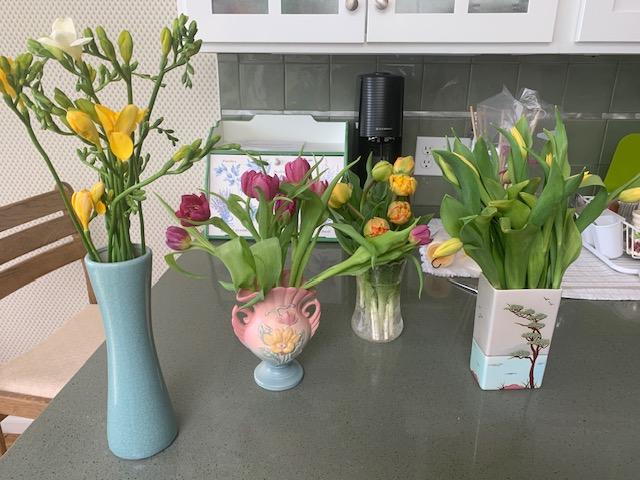
I am also loved by friends who helped me celebrate with lunch and a walk on Valley of the Moon trail in the Sonoma Valley Regional Park. I was able to do three miles with my new knee that day!
Then another celebration at our dear friends’ house, where we ate outside on a beautiful sunny day, ate home made crepes with all the toppings, heard stories from our favorite 9-year old, lots of laughing, and taa-daa — an ice cream cake.
Some new happy memories in to hold and have with becoming 70.
Miss Benson’s Beetle by Rachel Joyce
What a fun read! It starts with this opening line “When Margery was ten, she fell in love with a beetle”.
Marjorie Benson is a large middle-aged spinster — proper, reserved, self-conscious, and both physically and socially awkward. The story begins with Marjorie trying to teach her class of unruly, disruptive girls. They pass around a drawing which makes fun of her appearance. Humiliated, she walks out of the school, but only after stealing a pair of boots.
She decides to fulfill her lifetime dream of finding and proving the existence of a rumored golden beetle in the jungles of the remote New Caledonia Island and to present her discovery to the Natural History Museum. Out of necessity, Margery advertises for an assistant to accompany her to this faraway island. The first two applicants were found unsuitable. A third woman was hired but later backed out.
This left Enid Pretty, dressed in a tight pink suit, wearing pom-pom sandals, and with hair dyed a bright yellow — she also seems quite unsuitable. However, Enid is enthusiastic about the expedition and pleads to be Marjorie’s assistant. She doesn’t even have a passport and knows nothing about beetles, but time is short so Marjorie reluctantly agrees that Enid accompany her on this journey of exploration.
Together these two British women find themselves drawn into a wild and crazy cross-ocean adventure that defies all expectations. Their unlikely friendship builds over time — one step at a time, and is a marvelous tale of the transformative power of friendship.
There are some glorious descriptions of the journey and especially of New Caledonia — you feel like you are hacking through undergrowth with these women as they blaze a trial in search of the elusive golden beetle.
She smelled the sweet air, she heard the orchestra of birds and insects, and far away the ocean; she saw the red flowers like two hands in prayer, the vast kauri trees.
This is not only a wonderful adventure story, it’s also a journey of self-discovery and the freedom of women to rediscover themselves at various seasons of life. Marge and Enid’s friendship allows them to love the best parts of themselves.
The truest friendships are those that allow us to step out of the confines of what we once were, and to realize instead what we might be.
Miss Benson’s Beetle has every ingredient I seek in a novel – adventure, humor, suspense, tension, and moments of beauty – all with wonderful characters experiencing a life changing and exciting new journeys.
An advanced reading copy was kindly provided by The Dial Press via Netgalley.
Ms. Joyce has also written one my favorite books – The Music Shop – also highly recommended.
The Reader’s Room by Antoine Laurain
Mr. Laurain is a French author who wrote The President’s Hat which I enjoyed very much. Turns out The Reader’s Room is just as clever and fun.
This short novel tells a big story. With a tragic past, Violaine, has transformed herself into a senior literary agent at a Paris publishing house. Her career is full — finding new literary talent, feting existing authors, and attending glamorous cocktail parties.
On her way back from a visit to a U.S. author (Stephen King, no less) her plane crashes. When she awakes from being in a coma after the crash, things begin getting strange.
She has lost much of her memory, she sees and can hold conversations with Marcel Proust, and one of her debut crime novels “Sugar Flowers” is up for France’s highest literary prize, but the author can’t be found. Even more concerning, people are getting murdered directly copying this crime novel and the police are investigating.
As Violaine’s memory starts to return, she discovers she has some very strange secrets including an uncomfortable link to the book. Is there a connection between Violaine, the author, and the crimes?
This short mystery book is just 176 pages and is beautifully translated so the sly humor and acerbic French wit are not lost. Mr. Laurain brings his characters alive with just a few elegant lines and tells their stories in just a few pages — concise with not a word wasted
I enjoyed this well crafted novel and its literary mystery — and hey, wouldn’t it be lovely to converse with Marcel Proust?
An advanced readers copy was kindly provided (a few years ago) by Gallic Books Ltd.
And look at this – I just checked out another of his novels from the library…already enjoying it. A group go wine tasting and get transported back to 1954 Paris – should be really fun.
Rare Book Collecting
Fair warning here’s yet another post about books-about-books, if you’re not into that sort of thing, (despite the Book Barmy name of this blog) please feel free to skip this.
I am a book hoarder accumulator, not a book collector in the literal and rare sense. But I have, over the years, very much enjoyed reading about book collectors, their collections, and especially how they find their books. Two of my favorites authors in this genre are the the husband and wife team of Lawrence and Nancy Goldstone. I own all three of their books about books and recently revisited them while dusting.
(Side note: Dusting my books takes several days as I get down the books and have to remind myself – Did I read this? Will I read this? Yes, I read this and will keep it. Often I find myself reading away the time I should be dusting and sorting — such was the case with these three books.)
Their first book is titled Used and Rare – Travels in the Book World
A book for anyone who loves books, the Goldstones didn’t know anything about rare books when they started visiting antiquarian book shops — all they wanted were nice hardback copies of the authors they loved. It all started when Ms. Goldstone tracked down a ten-dollar copy of War and Peace as a birthday gift for her husband, this set the couple onto an unexpected, delightful and expensive journey of book collecting.
Used and Rare was written in 1997, before Amazon or Goodreads took off, so most of the book shopping is done the old fashioned way — the Yellow Pages and a full tank of gas. Over the next three years they haunted used and rare bookshops between New York and Boston — from dark, dust-filled barns to elegant Park Avenue galleries. Starting with cheap, out-of-print used books, their addiction soon graduated to first editions and, finally, to three-quarter morocco, custom-bound antiquarian classics that they could not afford. Along the way, they gained an education in books—and in people—that we can all savor. This warm and witty story is filled with eccentric characters, from a punk book dealer peddling fifty-thousand-dollar modern firsts to a golf-obsessed Shakespearean scholar with books on demonic possession in his basement. Part travel story, part love story, and part memoir. If you’re looking for a very gentle introduction to the art and business of used, rare, and fine book dealership, Goldstone’s humorous book is an absorbing place to start, a delightful journey, and a love letter to book lovers everywhere.
The squeal is titled Slightly Chipped – Footnotes in Booklore
This follow up is different – a collection of essays which detail the couple’s further explorations into the curious world of book collecting.
They get hooked on the correspondence of the Bloomsbury group (especially their romantic liaisons), they track down Bram Stoker’s early notes for Dracula, and puzzle over the incredible markup of hypermoderns. (Recently published books that prove very collectable. A first edition of Sue Grafton’s “A Is for Alibi” sold for $1,250 in 1998. Yes I checked my shelves, just in case…but no.)
The Goldstones chronicle their visits to bibliophile’s dream places such as the Rosenbach Museum in Philadelphia and the Pequot Library in Connecticut. They are fascinated by the reading habits of the Duke and Duchess of Windsor, and attend the auction of the contents of their library at Sothebys. This auction ultimately brought approximately $24 million and included a number of collectible books.
Slightly Chipped was published in 1999 at the dawn of the Internet era, and therefore touches only lightly on impact to booksellers.
Again, unlike their first book, Slightly Chipped is written as separate essays and I missed learning more about their story and their book collecting. I had to laugh when Nancy says to her husband:
“Do they really think people are going to use a computer to buy books they’ve never seen from a dealer they’ve never heard of and give him a credit-card number to boot?”
Again Slightly Chipped is different from the first book, and while I enjoyed the various essays I did miss the couple’s story of their own book adventures and collecting. Don’t get me wrong, this book is another delight for both the general reader and book collectors alike.
Warmly Inscribed is the third and last of Lawrence & Nancy Goldstone’s books about rare book collecting.
This book finds them once again visiting book fairs and many antique book sellers. Written in 2001, the authors once again write about the internet and how it was starting to change the way people buy and sell books and the devastating effect on brick and mortar bookstores.
There is a chapter devoted to the New England Forger, Kenneth Anderson, with the details of his forgery of signatures on books and the difficulty in getting law enforcement to prosecute him.
The Goldstones treat us to a great tour of the Library of Congress Rare Book Section led by one of the library’s rare book specialists — an insider’s look most people will never experience. (Okay on my bucket list…)
As always, the writing is easy, personable and inviting. The stories are engaging, the gossip is juicy. I found it a great book to read a few chapters at a time while cuddled up in bed on a cold night.





